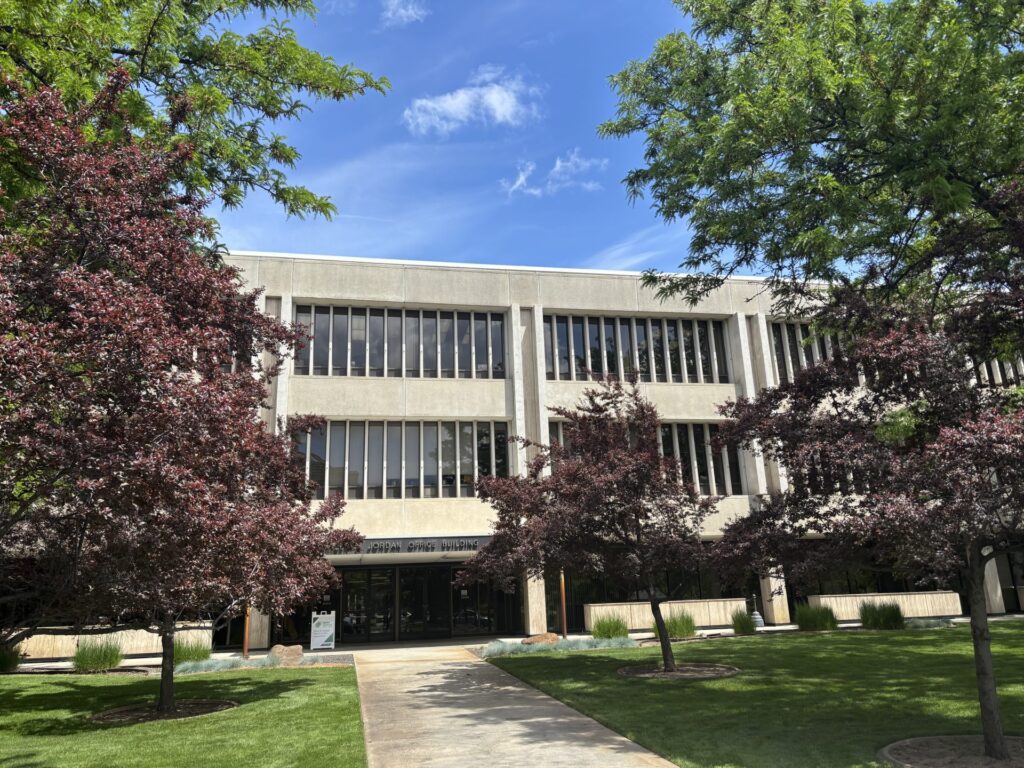Idaho — and most states — are not doing enough to prepare, attract and retain teachers for at-risk students.
That’s the key finding from a report released Tuesday by a national research group.
The National Council on Teacher Quality focused on supports for students for two at-risk groups: students with disabilities and English learners.
Idaho’s grades were mixed:
- NCTQ noted that Idaho has standards for teacher prep programs in special education, but no such requirement for teacher prep in EL.
- Idaho is one of only 17 states that requires special education teachers to pass a reading licensure test, and one of only five states that has a similar requirement for EL teachers.
- Idaho provides no financial incentives to special education or EL teachers — such as higher pay, scholarships and loan forgiveness.
Across the nation, however, financial incentives are spotty. Thirty-two states offer scholarships or financial incentives for special education teachers. Eighteen states offer special education teachers additional pay — but according to NCTQ’s research, only one offers an incentive large enough to make an impact.
Hawaii offers special education teachers an additional $10,000 per year, plus bonuses for teachers who work in high-need schools.
“The policy has led to remarkable results: it reduced the number of special education positions that were vacant or filled by an unlicensed teacher by 35%,” according to the report.
In a news release Tuesday, NCTQ President Heather Peske sounded an alarm.
“Improving outcomes for students with disabilities and English Learners starts with access to effective teachers,” she said. “States have an imperative to tackle persistent special ed and English learner teacher vacancies with stronger preparation and better pay.”
Across the nation, special education and EL enrollment has grown rapidly since 2000.
About 7.5 million students received special education services in 2022-23, almost a 20% increase.
About 5.3 million students were English learners, up 40%.
Meanwhile, special education funding figures to be an issue during the 2026 legislative session. State superintendent Debbie Critchfield has proposed a $50 million increase in Idaho’s special education budget, seeking to close a gap between local costs and federal and state funding. The Idaho Department of Education estimates the total funding gap is about $100 million.
NCTQ is a nonpartisan, Washington, D.C.-based research and policy group.

